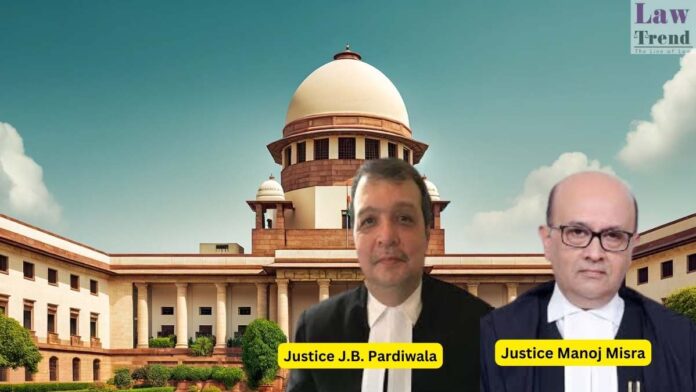The Supreme Court of India, in a judgment dated October 29, 2025, has ruled that a suit for specific performance of a contract is maintainable without a separate prayer to declare a termination notice invalid, especially when the vendor has waived their right to terminate by accepting additional payment after the stipulated period. The bench,
To Read More Please Subscribe to VIP Membership for Unlimited Access to All the Articles, Download Available Copies of Judgments/Order, Acess to Central/State Bare Acts, Advertisement Free Content, Access to More than 4000 Legal Drafts( Readymade Editable Formats of Suits, Petitions, Writs, Legal Notices, Divorce Petitions, 138 Notices, Bail Applications etc.) in Hindi and English.




